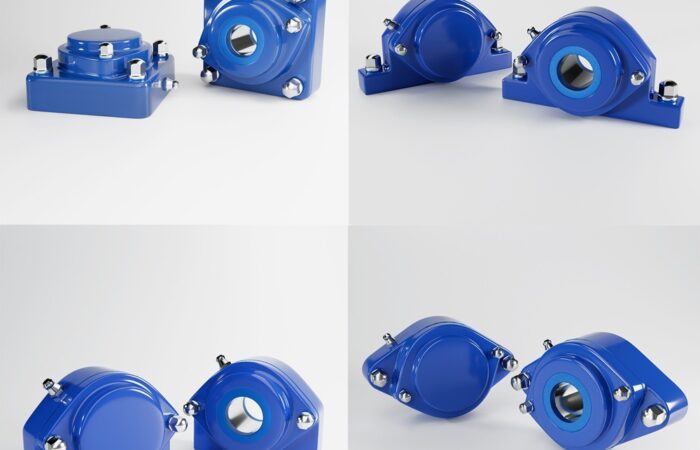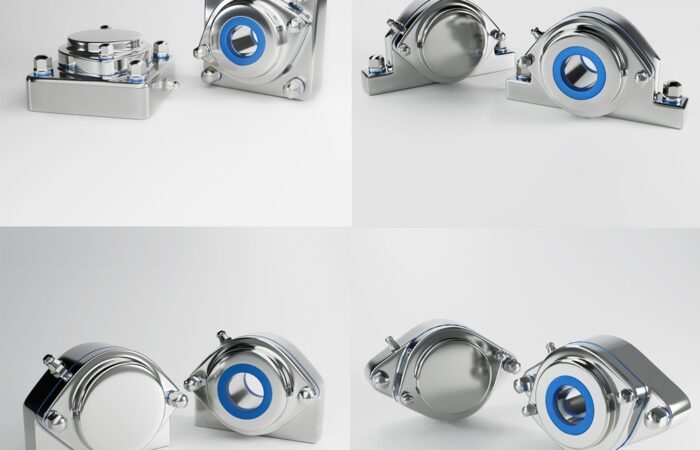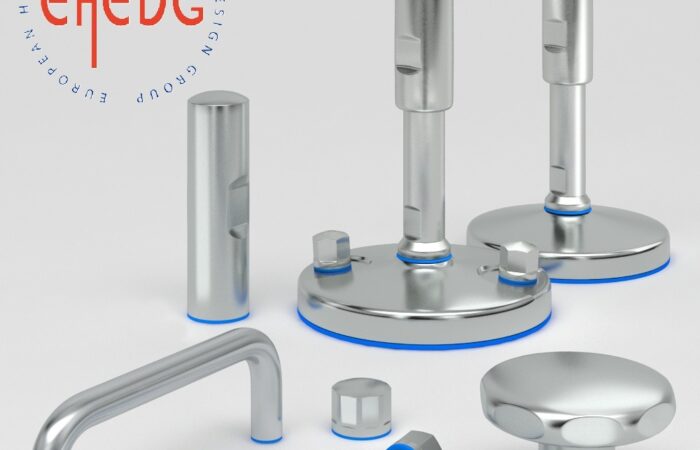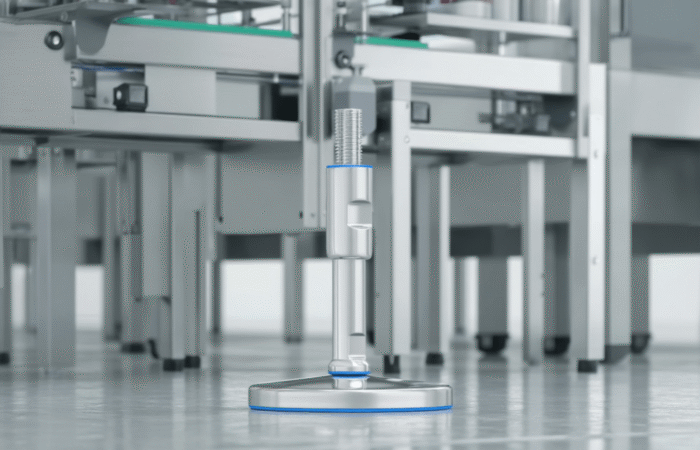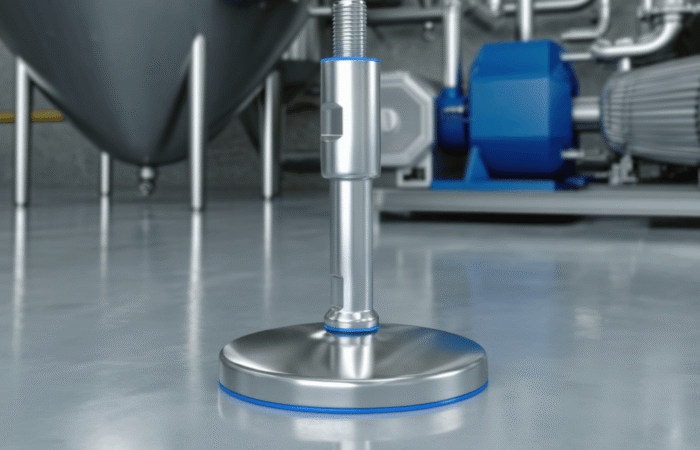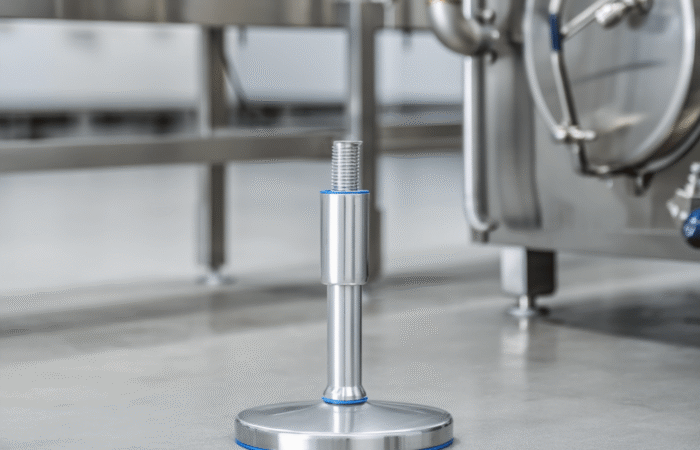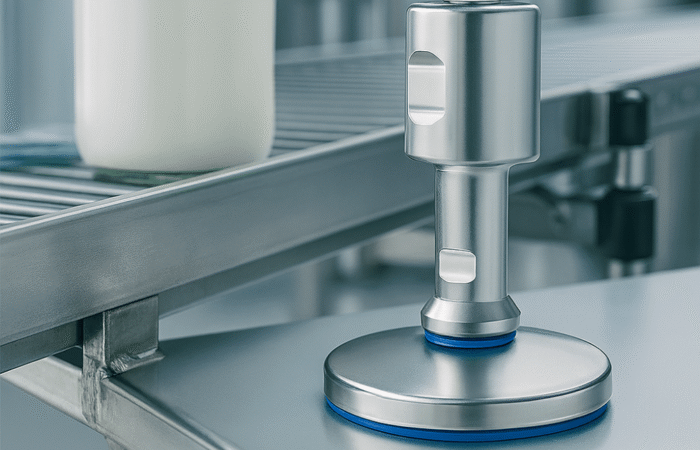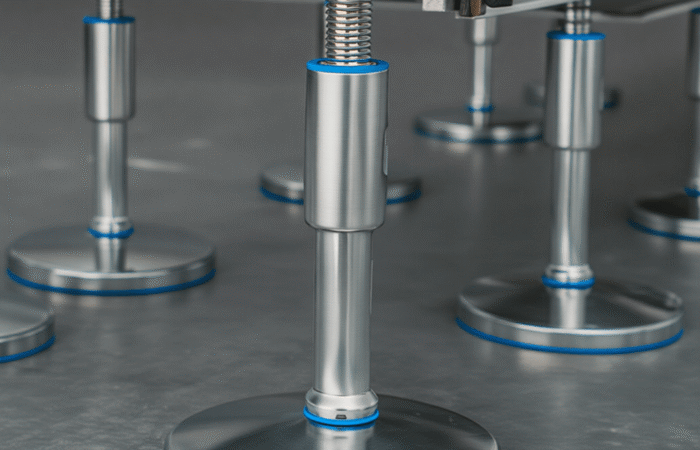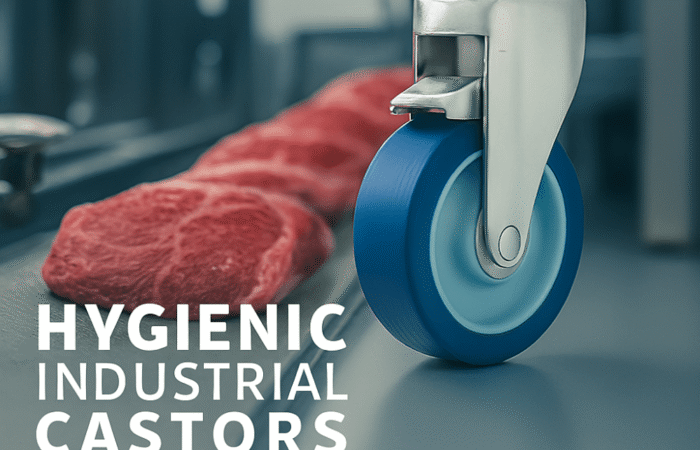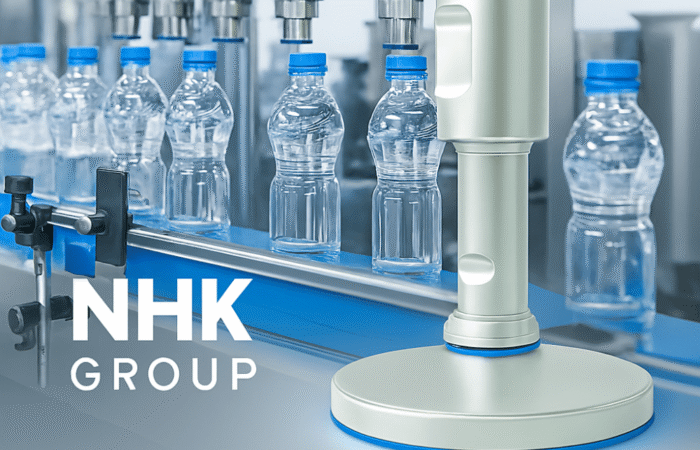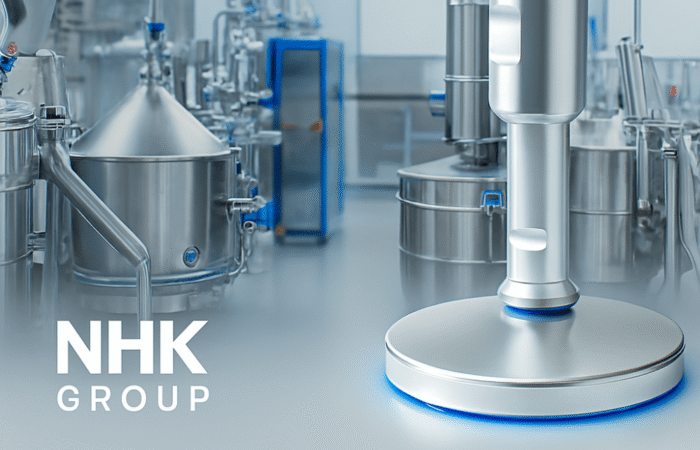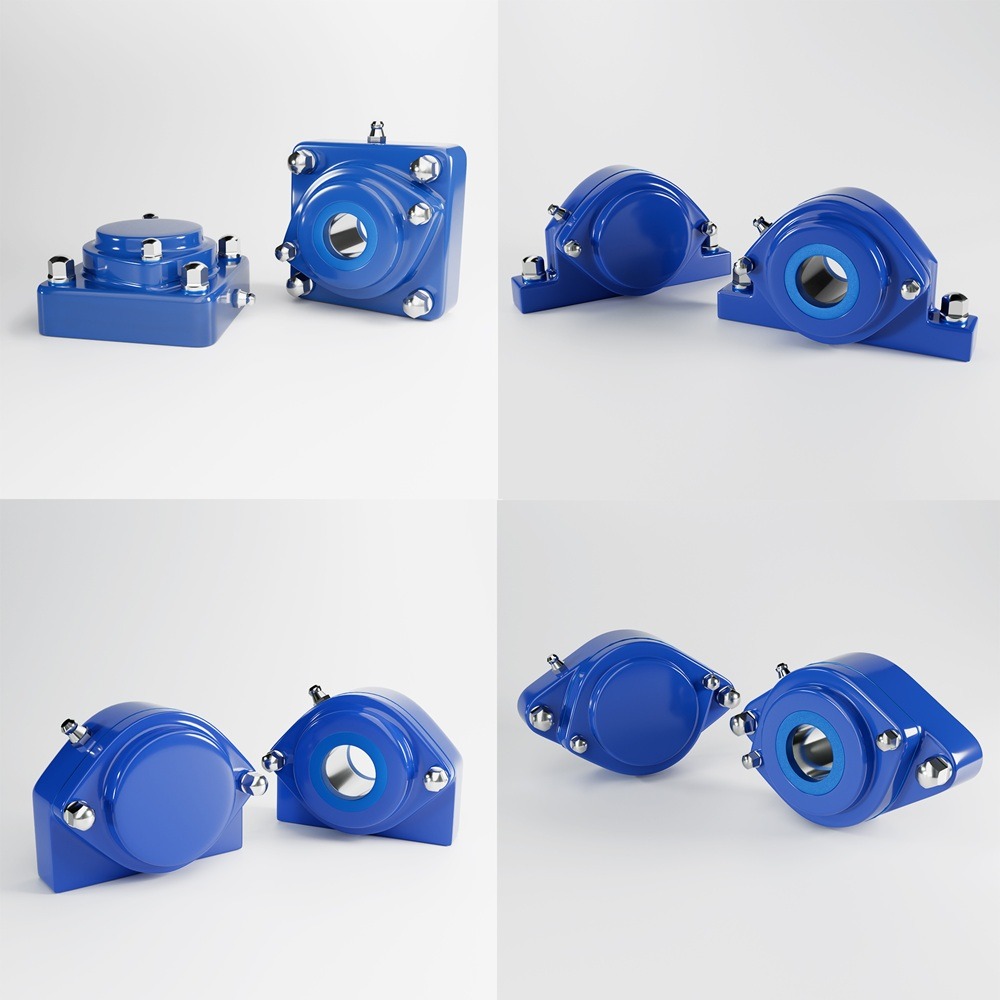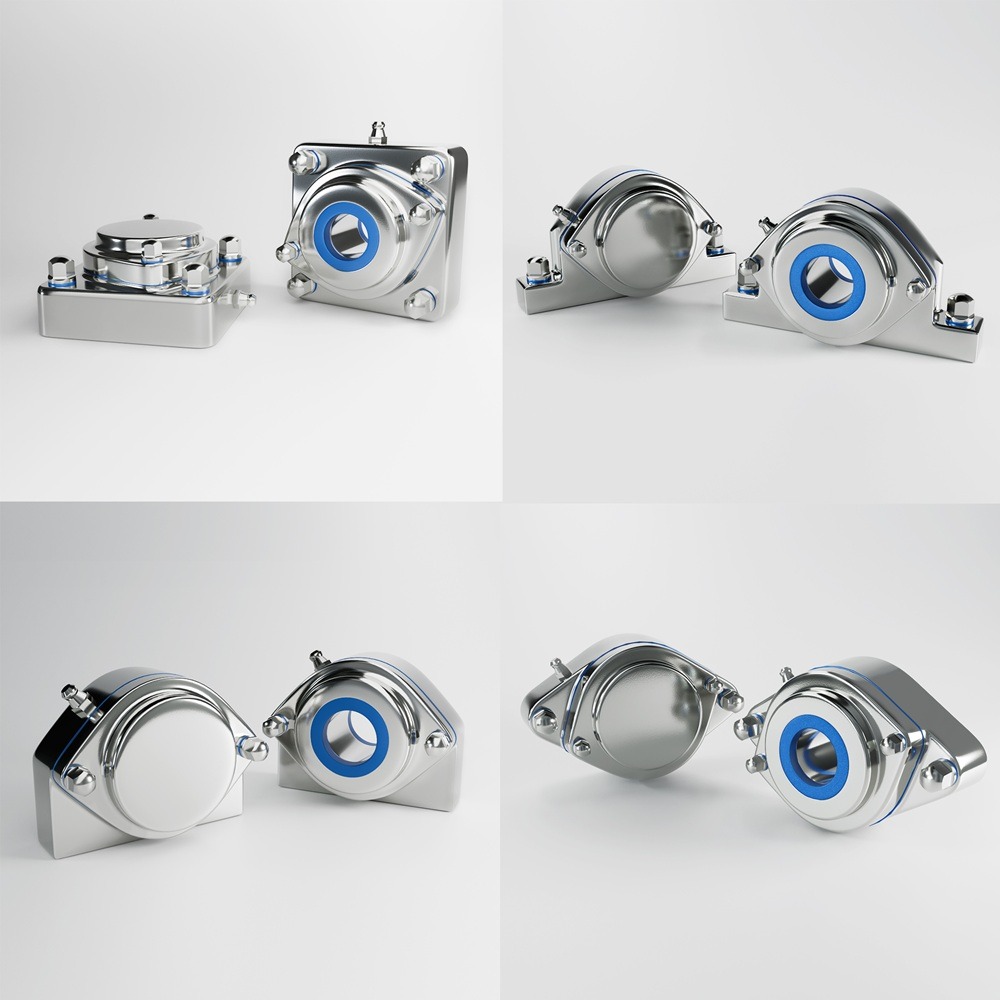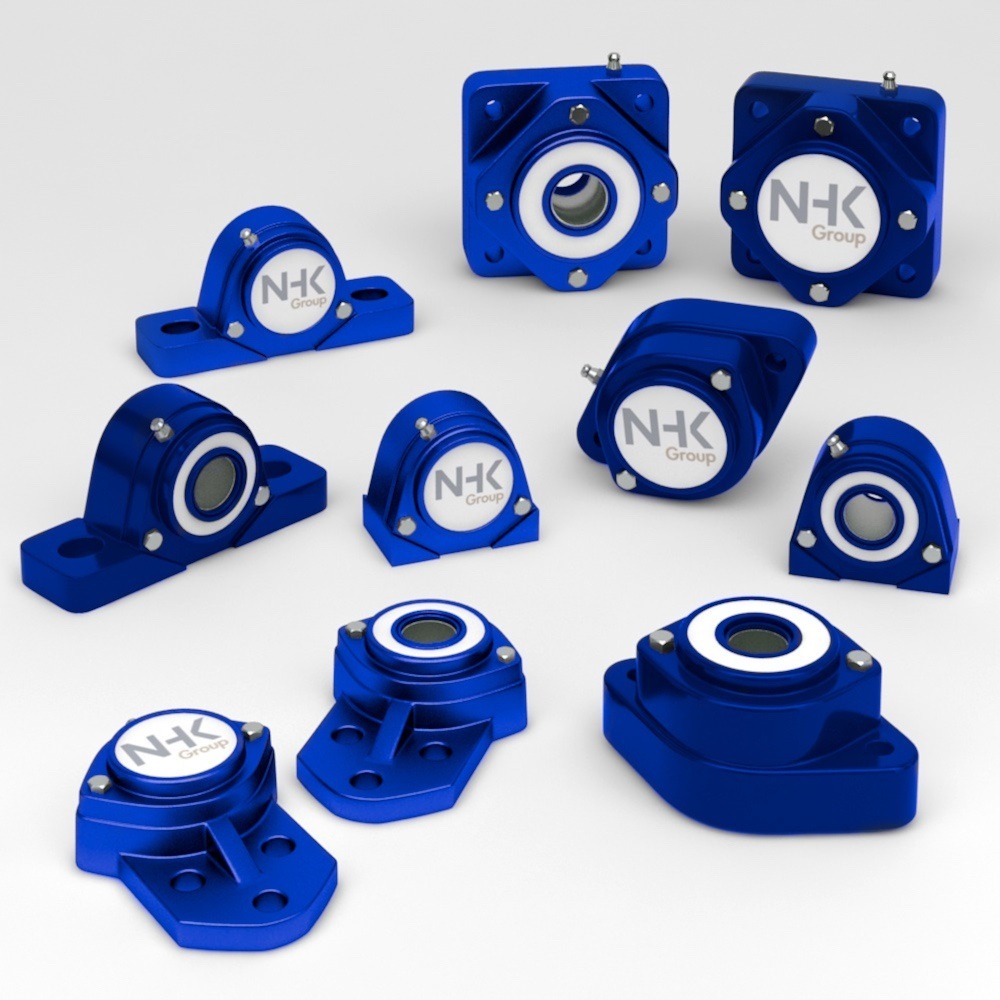
IP68 vs. IP69K: A Comprehensive Guide to Ingress Protection Standards
Understand the key differences between IP68 and IP69K ingress protection standards. IP68 offers protection against dust and water immersion, while IP69K withstands high-pressure, high-temperature washdowns. Learn their applications in industries like food processing, pharmaceuticals, and automotive, and choose the right standard for durability and performance in challenging environments. Ingress Protection (IP) ratings, standardized under IEC 60529, define the level of protection offered by enclosures against dust, water, and other intrusions. These ratings are crucial for industrial machinery, automotive applications, and electronic devices to ensure performance in specific environments. IP68 is one of the most common IP ratings. Here’s what it signifies: IP69K is a more rigorous rating, offering protection against high-pressure and high-temperature water jets. Here’s what it means: If your equipment operates in environments prone to dust and requires immersion protection without exposure to high-pressure cleaning, IP68 is suitable. Examples include: For environments demanding extreme hygiene and exposure to high-pressure cleaning, IP69K is essential. These include: Both IP68 and IP69K-rated equipment rely on robust materials and designs to ensure long-term performance. Stainless steel and specialized seals are often used for IP69K-rated devices to withstand high-pressure cleaning. For IP68-rated items, durable plastics and metals ensure water and dust resistance. Manufacturers must rigorously test products to achieve IP ratings. The testing process differs for IP68 and IP69K: Choosing between IP68 and IP69K depends on your specific industry needs. While IP68 suffices for general dust and water resistance, IP69K offers unparalleled protection in environments requiring rigorous hygiene and cleaning. Evaluate your requirements carefully to ensure optimal performance and longevity. Industrial machinery requires precision-engineered components that meet exacting standards for durability, safety, and performance. This comprehensive guide explores the essential machinery parts that drive modern manufacturing across food processing, packaging, and chemical industries. Understanding the difference between Pillow Block Units and Direct Mount Bearings is crucial for engineers and procurement professionals seeking to optimize equipment longevity. Pillow block bearings, also known as plummer blocks, are self-aligning bearing units that simplify installation and significantly reduce maintenance costs. These versatile components mount on machine frames and support rotating shafts with exceptional precision, ensuring smooth operation in demanding industrial environments. Flange bearing units offer a more compact alternative, featuring integrated flanges that enable direct mounting to flat surfaces without additional hardware. Both designs come in various materials, including stainless steel grades optimized for corrosive environments and food-grade applications where hygiene is paramount. The importance of material selection cannot be overstated in machinery design. 440 Grade Steel and 420 grades offer distinctly different properties suited to specific applications and environmental conditions. The 440 stainless steel variant provides superior hardness and exceptional edge retention, making it ideal for cutting tools and high-wear applications requiring maximum durability. Meanwhile, 420 stainless steel offers better corrosion resistance and is preferred in food processing equipment where chemical exposure is common. Hygienic stainless steel components have become essential in food machinery, meeting EHEDG standards and facilitating rapid equipment cleaning required in modern food production facilities. Understanding ingress protection ratings is equally critical for machinery durability and operational reliability. IP67 rating ensures protection against dust and temporary water immersion, while IP68 rating provides complete dust protection and sustained water immersion capabilities for submerged operations. The IP69K standard represents the highest protection level, specifically designed for high-pressure wash-down environments found in industrial food processing facilities. These ratings define how effectively machinery components withstand environmental challenges and maintain performance. Modern industrial facilities increasingly demand equipment that combines high performance with ease of maintenance and sanitation. The choice between different bearing types depends on operational requirements, environmental conditions, and budget constraints. Proper component selection ensures extended equipment lifespan, reduced downtime, and improved operational efficiency.IP68 vs. IP69K: A Comprehensive Guide
Get our catalogue here
See our product line here
What Are IP Ratings?
Understanding IP68
Applications of IP68
Understanding IP69K
Applications of IP69K
IP68 vs. IP69K: Key Differences
Feature IP68 IP69K Dust Protection Complete Complete Water Protection Immersion (varies by depth/duration) High-pressure, high-temperature jets Typical Applications General industrial, consumer electronics Hygienic and industrial cleaning Cost Lower Higher When to Choose IP68
When to Choose IP69K
The Role of Material and Design
Example of Material Usage
Certifications and Testing
Benefits of Choosing the Right Rating
IP68 vs. IP69K: Selecting the Right Protection for Your Industry Needs
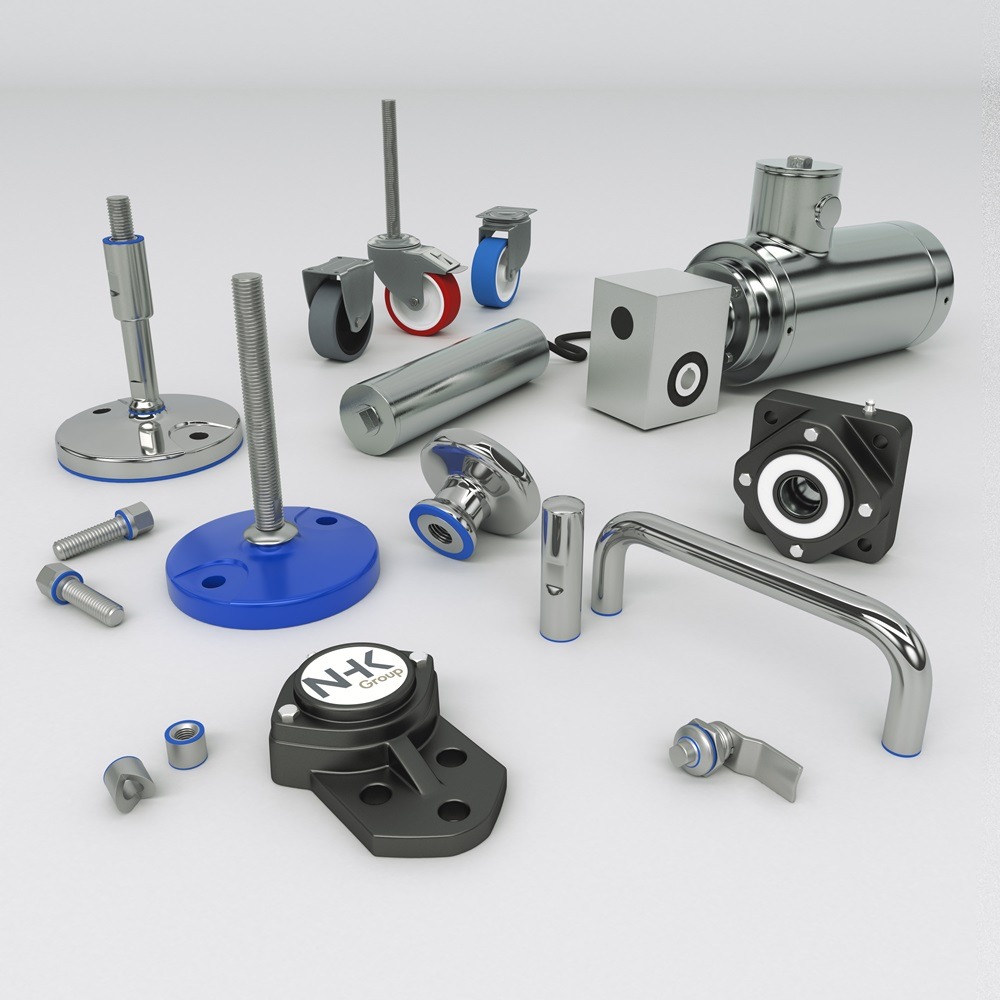
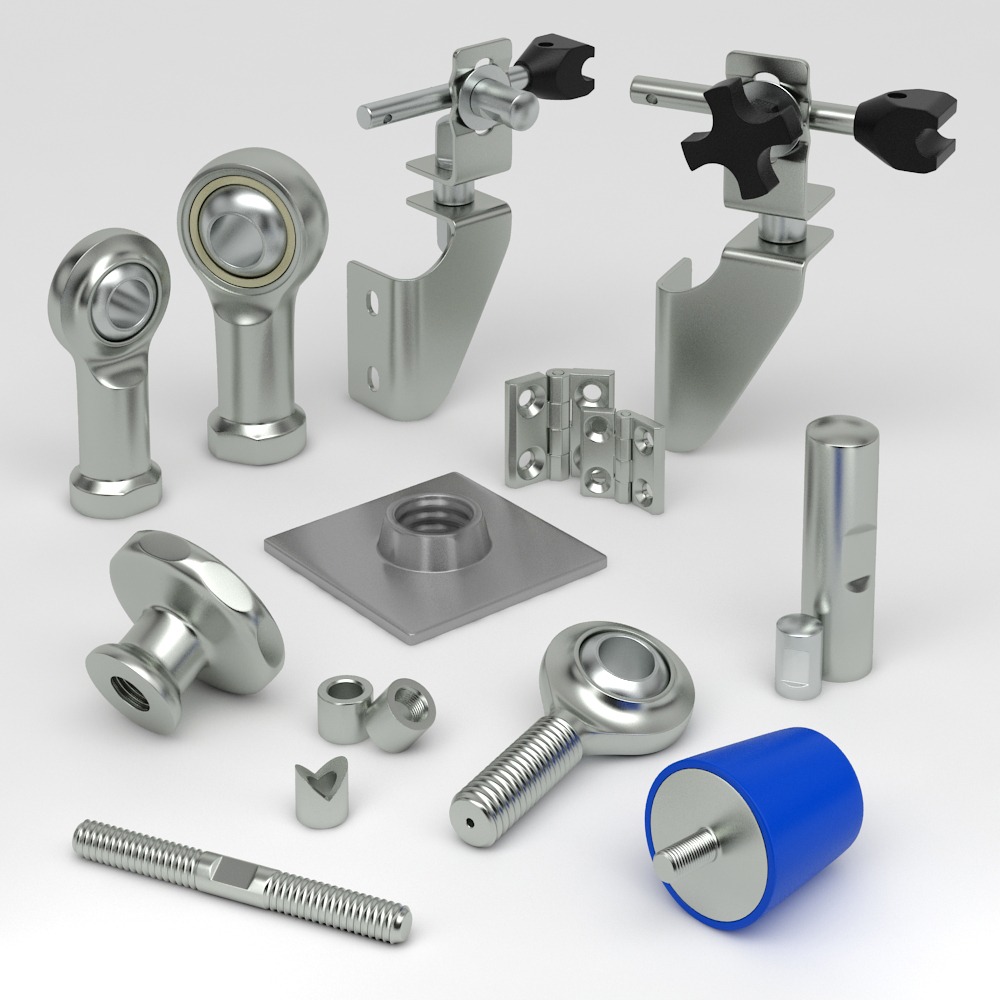
Contact
Understanding Machinery Components & Protection Standards
